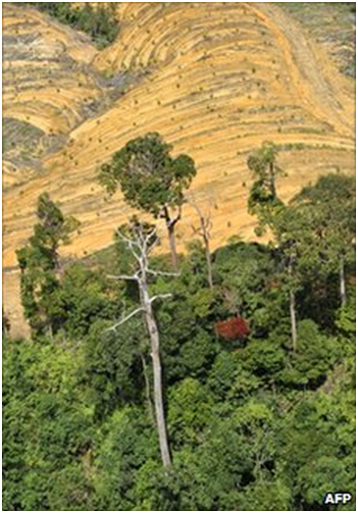Massive rural-urban migration and its impact on agriculture in Sierra Leone
Sierra Leone is a country where 70 to 80% of its population relied on agriculture; the country is endowed with natural fertile soil that is good for large scale agricultural activities. The landscape of the country favours good agriculture. The topography is divided into districts including Koinadugu and the diamondiferous Kono districts.
The whole country is covered by different vegetation and adaptable ecosystem. The south and south-east are covered by thick rainforest and savannah. The north is mainly grassland and swampy flat lands referred to as boliland in the local Themne dialect. The western area is highly featured by mangrove swamp due to the iteration of saline water and fresh water.
In fact, every region in Sierra Leone has high agricultural potential that can save the country from economic embarrassment. The negligence on the part of both government and the people has been one of the main obstacles for the underdevelopment in agriculture in the country.
As earlier mentioned, the massive rural-urban migration undertaken by potential and able bodied youths in the country is a cause for alarm. It has been established that agriculture is the bedrock upon which the development of any nation is built, and this involves the active participation of able bodied young men in society.
Our agricultural potential can not be realized in the rural areas if urban migration mainly of youth remains unchecked. The fact of the matter is that Sierra Leone’s agricultural potential can only be realized when youth give themselves to agriculture.
The rapid rural urban migration in Sierra Leone has militated against the production high agricultural yield in that youths have abandoned fertile agricultural lands in preference for petty trading or other menial jobs in big towns and cities such as Freetown.
Interestingly, youths who migrate to the urban centres mostly engage in less economic activity like the selling of razor blades, chewing gums, cigarettes, etc. These are low profit making ventures not commensurate to their effort. It has been suggested that these wasteful efforts undertaken by these youth in big towns would have been invested in agriculture, thereby accelerating socio-economic development in Sierra Leone.
Sadly, the massive urban migration by youths has left only the old, senile men and women in the potentially rich agricultural rural areas. These deserted rural settlements would no longer boast of high agricultural productivity. Places like Kabala and Kono where fresh vegetable products used to come from have lost their glory due to massive urban migration. Kabala in particular, prior to this time, was producing fresh fruits and vegetables such as tomatoes, okra, onions, cabbage, pawpaw, mangoes and many others.
Kono district, though a diamondiferous area, was reputed for its fresh plantains and banana fruits including mountain guavas which can only be found in that part of the country.
In other words, to say that agriculture is vital to Sierra Leone’s economic growth is an understatement. Rich countries like America and Malaysia can boast of having a large stake in their economy through sustainable agricultural productivity.
If rural-urban migration is to be controlled in order to achieve sustainable agricultural productivity in the country, the government and its development partners should do everything in their power to create job opportunities for youths in the agricultural sector. Apart from the back breaking agricultural field work, jobs can be created in juice production and canning. Such instances of job creation for rural youths is being done in neighbouring Guinea, where youths are employed in the fruit canning and processing, especially  of pineapple fruits for expert overseas.       Â
Stay with Sierra Express Media, for your trusted place in news!
© 2010, https:. All rights reserved.







Joseph Sesay
/
Hi,
14th July 2010I think if we want agriculture to flourish and the youths more productive, government must address those issues that attract the youths moving to bigger towns to seek for better opportunities.There should be solid policies that should not use the cities or bigger towns as bench march but rather focussed on uplifting those villages from their poor states or else the drift will continue.
Joseph, P.R.China